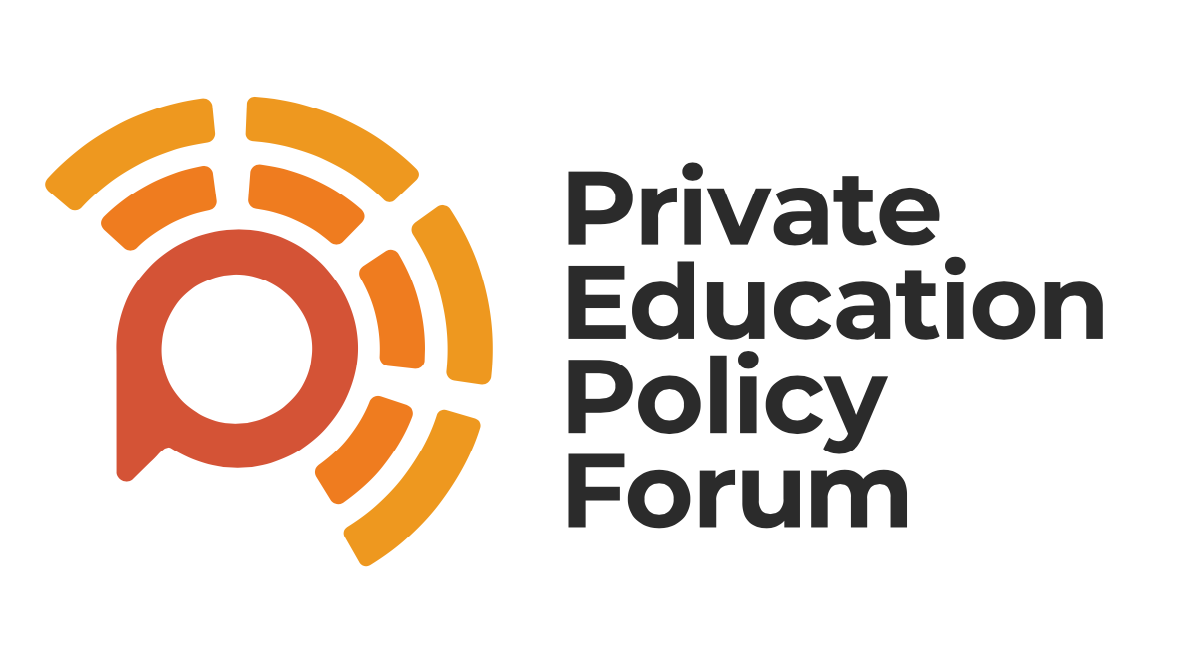
Diana Young, private school parent
Love it or hate it, the private school debate is heavily tied to politics.
The educational choices that parents select for their child are usually based on an array of factors: location, the school’s academic success, Ofsted rating and culture, for example.
Socio-economic factors such as one’s class, which is defined by taste, upbringing, education, occupation, income and lifestyle, often impact these choices.
Firstly, location is extremely important.
Taking my own local area, there are seldom schools without a high proportion of pupils who are underperforming.
There is a genuine concern that if many pupils fail to achieve the expected outcomes, it could affect my own children’s performance in class.
Half of private schools are academically selective, implying that students are accustomed to high academic attainment. I genuinely think it provides a motivational environment for my children.
Secondly, race adds a layer of nuance to the complexity of this political debate. This is reflective of my own experiences as a black person and how this shaped my own education.
Studies have proven time and again that black children within the state school system are faced with prejudice, stereotype and bias when it comes to the way in which they are grouped, assessed and disciplined.
We lack data on the same issue within private schools. But independent schools are becoming more culturally diverse. We also know they help confer many other advantages which for me especially matter for my children.
Finally, my perspective on state education is compounded by my role as a governor of a Lambeth state school. I see first-hand, how and where the state school system is failing young people.
State schools are dangerously underfunded. The lack of resources, inability to source and retain staff, with more teacher strikes looming, all contribute to a ticking time bomb.
I think this is an epidemic, similar to a cataclysmic event, that we’re yet to realise its full impact and effect on future society.
Most recently, the government missed its teacher training target by 41 per cent. It means too many state school classrooms have a cycle of supply teachers, lack of subject specialists, or overstretched, underpaid, overstressed teachers.
My choice to opt for private school is a simple one.
The school fees are not too dissimilar to that of most London-based private nurseries or childminders; my husband and I saw school fees as an extension of those fees demanded during our children’s early years.
Additionally, I’ve learnt too often, life is not fair; so why should I subject my children to the same mediocre education that I received in a south London state school?
I am not from a privileged background. I am from a working class background, and I know that children only get one chance at education.
Too many state schools are currently not able to provide that brilliant, well-resourced experience all children so badly need.
A recent panel debate on private school tax by Private Education Policy Forum took place in Camden, which is a London borough where half the children attend private schools (there are 31).
But the average house price in the area costs more than £1 million, with Camden home to countless elites, including the leader of the Labour Party, Keir Starmer.
One of the PEPF debate panellists, who currently lives and attended school in Camden, passionately opined that private schools are “unfair” and “unequal”.
I always find it peculiar when middle classes ignore their own privileged background, selective education, access to networks and generational wealth, which is the epitome of what is unfair and unequal.
Their privilege has paved the way to academic and personal success. It’s ironic when the juxtaposition of rich and poor collide with overt elitism.
Maybe if I was middle class and wealthy with a million-pound property in Camden, I wouldn’t seek solace in the fee-paying school system.
What’s the solution to all this? It’s not as simple as lobbying the government to invest more money in the state education sector.
Access to more funding alone is not a solution to a pupil’s persistent absence, behavioural issues, lack of discipline or their family’s acute poverty.
The UK’s racial wealth gap indicates Black Caribbean, Black African and Bangladeshi households have 10 times less wealth than White British people.
This wealth gap exacerbates inequality for some ethnic minority parents, especially when the realities of gentrification, overcrowded social housing, poor mental health, rising cost of living and unemployment materialise.
In all fairness, I’m simply paying to break the cycle for my black children so that they, too, will have access to academic and personal success.
This kind of success has already been enjoyed by the middle classes and wealthy elites for hundreds of years.
Diana Young is a freelance journalist and marketing consultant.



